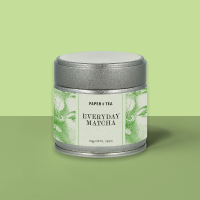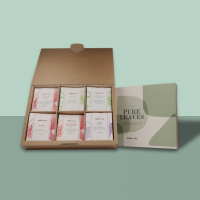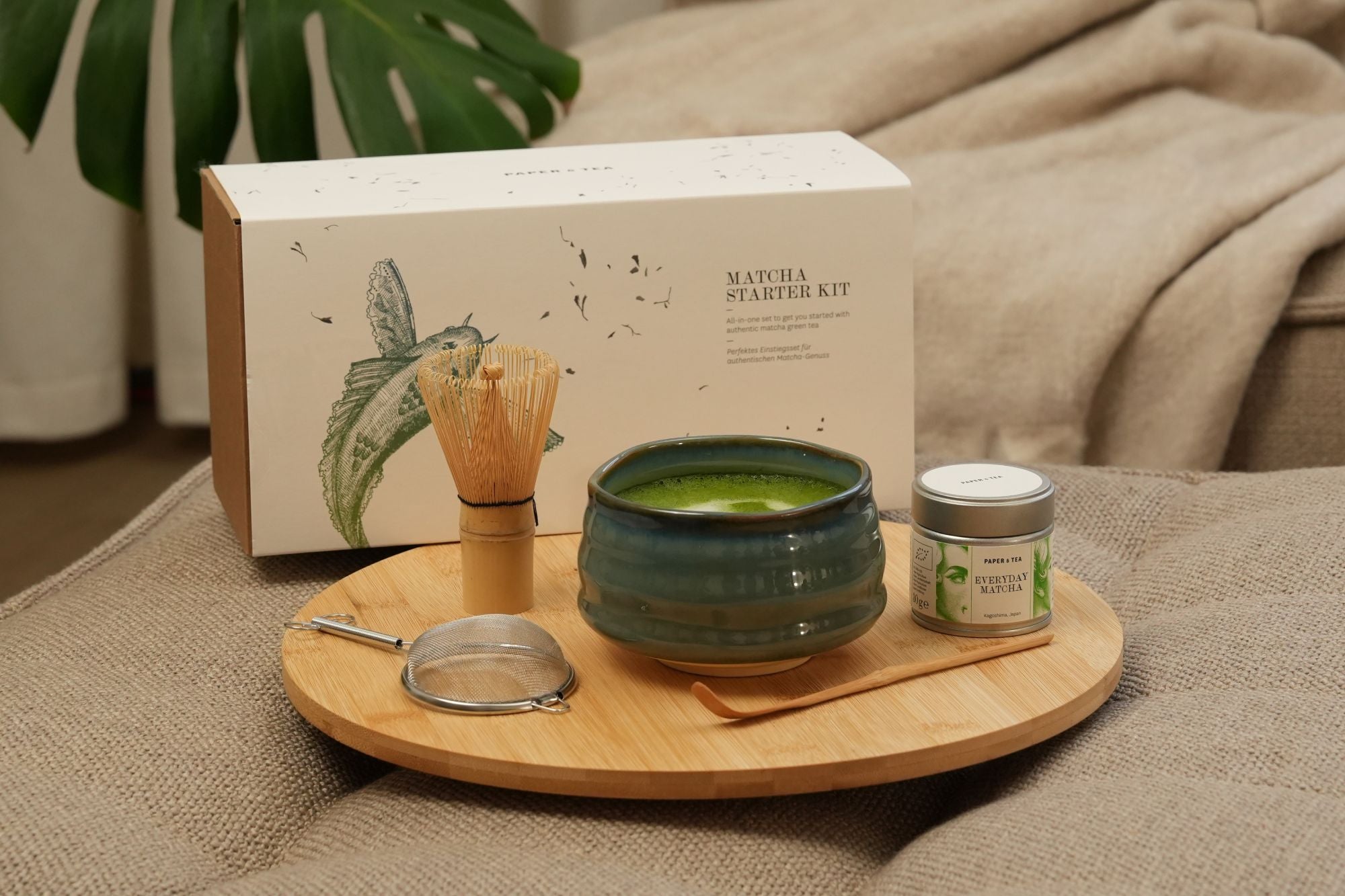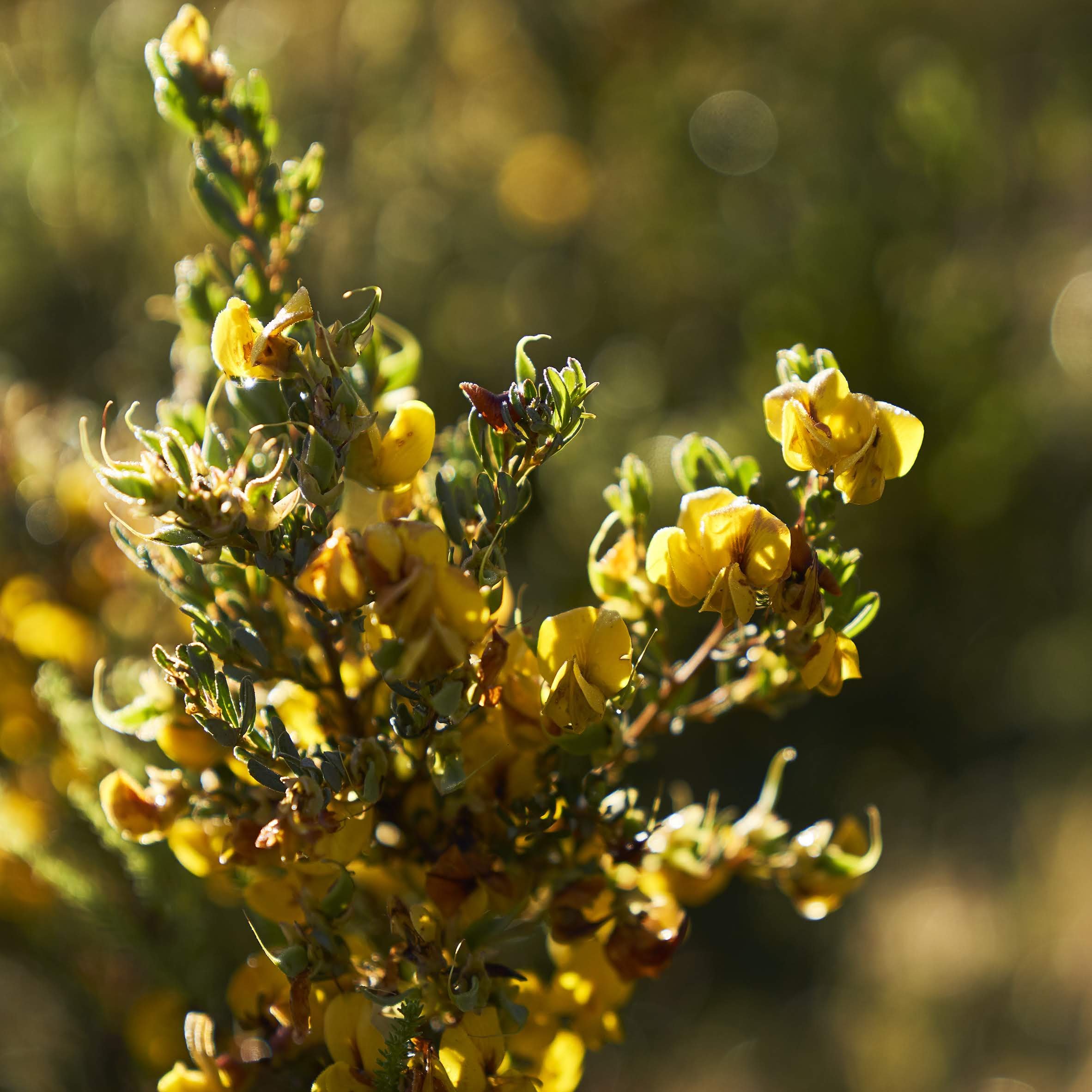Description
The EU organic seal features a white, stylized leaf made of stars on a green rectangular background. This seal is awarded based on the EU's organic farming guidelines, as outlined in the EU Organic Regulation. These guidelines aim to protect the environment, promote biodiversity, and maintain standards for animal welfare and natural resource management.
Here are some examples relevant to organic tea:
- Tea is grown without synthetic pesticides or fertilizers. Instead, natural alternatives are used to enhance plant resilience and soil fertility.
- Genetic engineering is not allowed.
- The natural flavor of tea must not be altered with artificial substances, such as dyes, flavor enhancers, flavorings, stabilizers, or sweeteners.
History of the EU Organic Seal
Organic farming traces its roots back to the 1940s, when pioneers in ecological agriculture developed farming methods that relied on natural practices rather than chemicals. In 1991, the first EU organic regulation was established, setting fundamental standards for organic farming and the processing of agricultural products.
Before the introduction of the European organic seal on July 1, 2010, Germany had its own hexagonal organic seal since 2001, with requirements comparable to the European seal. While the German organic seal is a voluntary label, the European organic seal is mandatory. The EU organic seal aims to promote sustainable agriculture, biodiversity, and environmental protection, making it easier for consumers to make informed purchasing decisions.
Interesting Facts
There are numerous additional seals, but only a few establish standards higher than those of the mandatory EU organic seal. Although the terms "organic" and "eco" are legally protected for food products, companies often create their own seals and corresponding guidelines. These logos are designed to suggest an association with "organic" products, but their standards are arbitrarily set, unverifiable, and therefore unreliable.
Overall, the extent to which organic foods are healthier or more sustainable hasn't been adequately studied scientifically. However, organic foods are certainly better for biodiversity and groundwater than non-organic foods.























